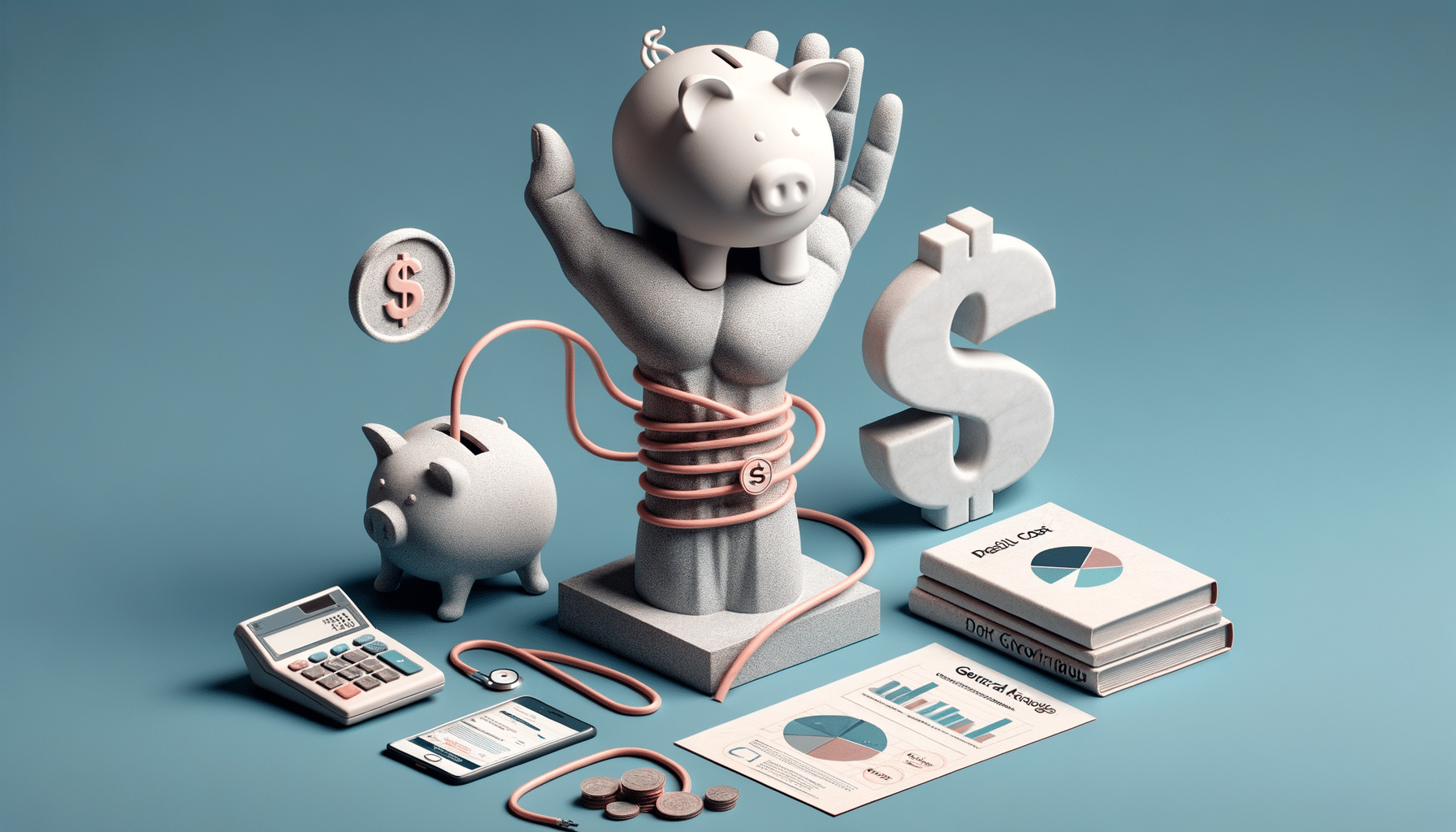
Exploring CD Interest Rates and Options for Retirees
Introduction to CD Interest Rates for Retirees
For retirees, managing finances is a critical aspect of ensuring a comfortable and secure retirement. One of the financial tools often considered by retirees is the Certificate of Deposit (CD). CDs are known for their stability and predictable returns, making them a popular choice for those seeking to preserve capital while earning interest. Understanding the current landscape of CD interest rates and their implications for retirees is crucial for making informed financial decisions.
Current CD Interest Rates and Options
As of 2025, CD interest rates have shown a steady trend, influenced by various economic factors including inflation and central bank policies. Retirees looking into CDs will find a range of options with varying terms and interest rates. Typically, longer-term CDs offer higher interest rates, providing a better return on investment for those willing to lock in their money for extended periods. However, it is essential to weigh the benefits of higher rates against the lack of liquidity.
For retirees, CDs offer several advantages, such as:
- Predictable income: CDs provide a fixed interest rate, ensuring a steady flow of income.
- Low risk: CDs are insured by the government, making them a safe investment choice.
- Variety of terms: Options range from a few months to several years, allowing flexibility.
When selecting a CD, retirees should consider their financial goals, the interest rate environment, and their need for liquidity.
Fixed Deposit Interest Rates in 2025
Fixed deposits, similar to CDs, are a favored investment option for those seeking safety and assured returns. In 2025, fixed deposit interest rates are expected to remain competitive, influenced by market conditions and banking policies. Retirees often turn to fixed deposits as they offer a straightforward way to earn interest on their savings without the volatility associated with other investment options.
Key factors affecting fixed deposit interest rates include:
- Economic conditions: Inflation rates and economic growth can impact interest rates.
- Banking competition: Banks may offer competitive rates to attract more deposits.
- Monetary policy: Central bank policies can lead to changes in interest rate trends.
Retirees should evaluate the interest rates offered by various financial institutions and consider the tenure that aligns with their financial needs and goals.
Comparing CD and Fixed Deposit Options
When comparing CDs and fixed deposits, retirees should consider several factors to determine which option best suits their financial strategy. Both CDs and fixed deposits offer security and fixed returns, but there are differences in terms, interest rates, and flexibility that may influence a retiree’s decision.
Notable comparisons include:
- Interest Rates: CDs often have slightly higher interest rates compared to fixed deposits, especially for longer terms.
- Liquidity: Fixed deposits may offer more flexible terms for early withdrawal, though penalties can apply.
- Currency Options: Fixed deposits may be available in multiple currencies, appealing to retirees with international financial interests.
Ultimately, the choice between CDs and fixed deposits will depend on individual financial goals, risk tolerance, and the need for liquidity. Retirees should carefully analyze the terms and conditions of each option to ensure alignment with their retirement plans.
Conclusion: Making Informed Decisions
For retirees, choosing between CDs and fixed deposits requires a thorough understanding of current interest rates and the specific features of each option. Both investment vehicles offer security and predictable returns, which are essential for maintaining financial stability in retirement. By evaluating the interest rates, terms, and flexibility of CDs and fixed deposits, retirees can make informed decisions that align with their long-term financial goals.
In summary, the key to successful retirement planning lies in balancing risk and return. CDs and fixed deposits provide retirees with reliable options to grow their savings while minimizing exposure to market volatility. As the financial landscape continues to evolve, staying informed about interest rate trends and investment opportunities will empower retirees to secure their financial futures.


